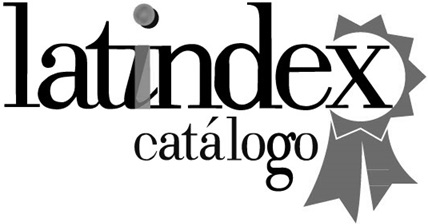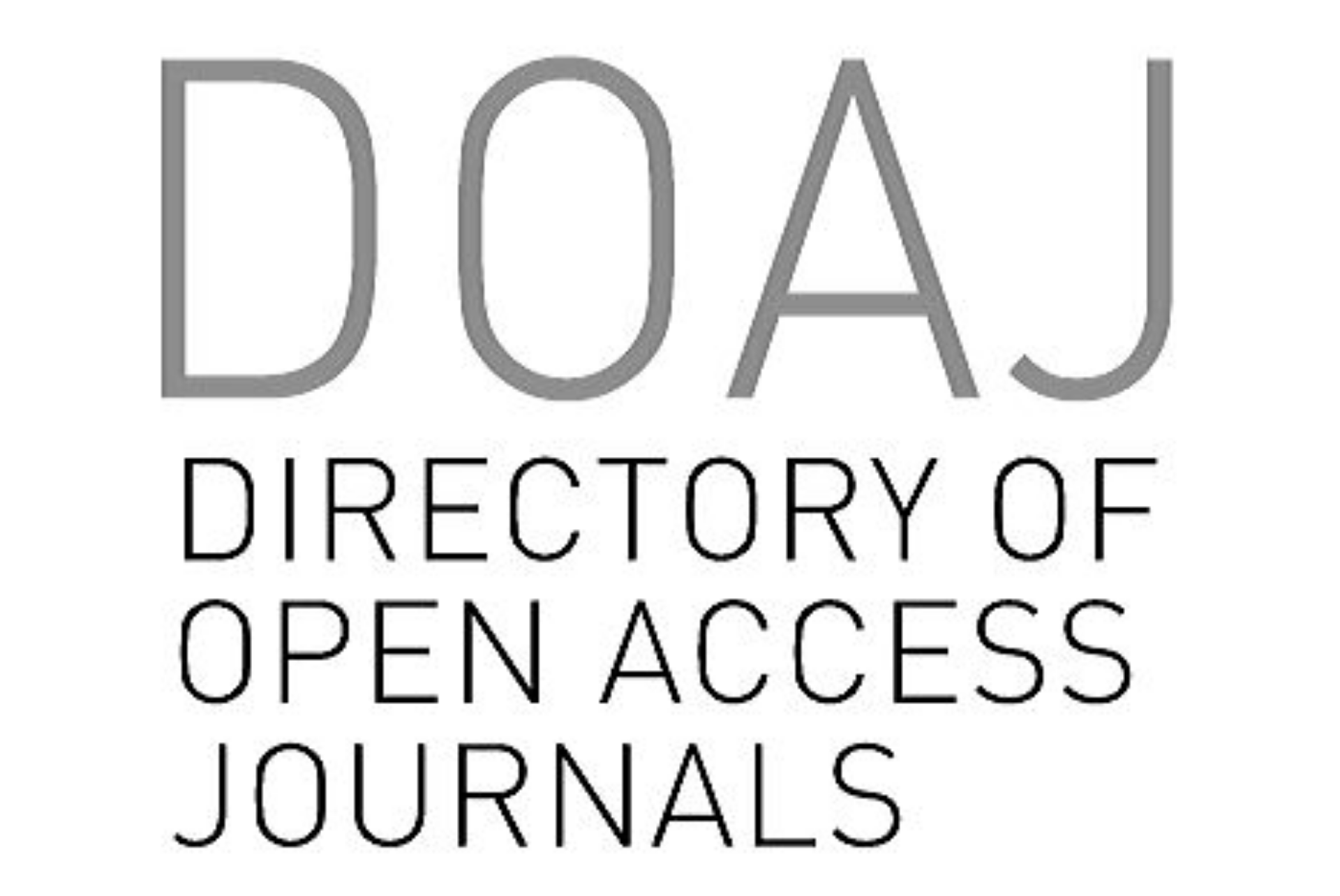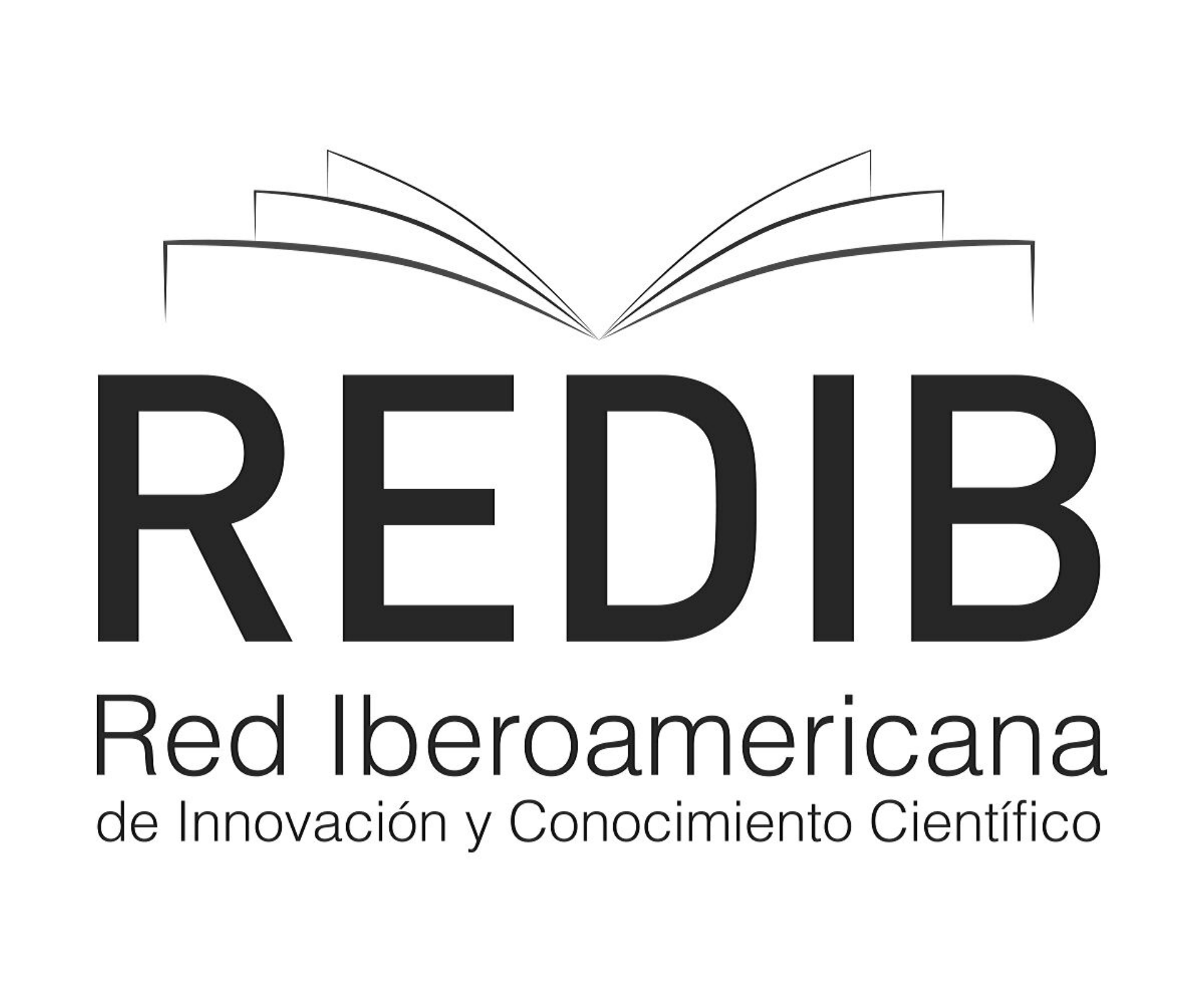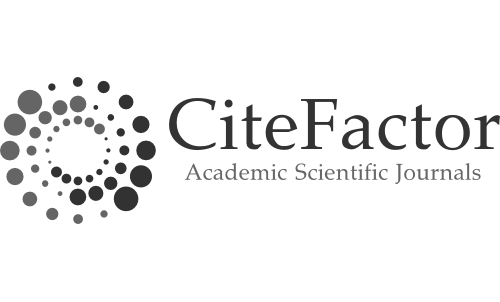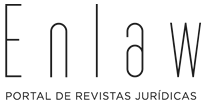About the Journal
Presentation
REJUR (ISSN 2526-9488) is an online and open access journal, which publishes articles in the area of "Law, State and Society".
With a continuous flow of receiving and regular semiannual periodicity, the journal is linked to the Law school of the Federal Rural Semi-Arid University (UFERSA) and to the areas of Applied Social Sciences and related. Subdivided into two lines of research, REJUR seeks dialogue with local, regional, national and international research. REJUR’s mission is to empower debates on Law, State and Society in a plurality of approaches and objects of research.
****
Concentration area
Law, State and Society
Research lines
Line 1
Democracy, Constitution and transformations in the social and economic order
The studies on Constitution and Democracy have potentiated a series of reflexive innovations on the juridical-political phenomenon, allowing to the programs of researches significant alternatives for analysis of the law. This line contemplates studies in the field of politics, history and constitution, as well as in its variable actions against the dilemmas of the contemporary world, such as access to justice, democracy, public administration, environment, social and economic order.
Line 2
State, conflict and fundamental rights
The investigations on State, conflict and fundamental rights seek to exploit the multiple relationships arising from the process of affirmation and realization of fundamental rights. Contemplating a plurality of perspectives, the line of research intends to highlight, within the democratic experiences, studies related to human rights, political sociology, power relations, political rights, penal sanction and social movements.
****
Peer Review Process
Criteria and procedures for reviewing the work (double blind review)
Once the articles are received, they will go through the following review steps:
1) Adherence of the theme to REJUR’s lines of research;
2) Referral of work to two evaluators (from the Editorial Board or ad-hoc reviewers) for formal and merit evaluation in the double blind review system;
- If there is a fundamental divergence among the reviewers, the article may be referred to a third evaluator;
- Each edition will count with 75% of evaluators from outside Rio Grande do Norte state;
3) Selection, among the approved articles, of those who will compose the next edition. If more works are approved than the maximum number of each edition, the following tiebreaker criteria will be followed:
- 75% of authors from outside Rio Grande do Norte state;
- recommendation of evaluations;
- plurality of the edition regarding the branch of Law; and
- articles in foreign languages;
4) Unless otherwise stated by the authors, approved and possibly unpublished articles may be published in subsequent editions, at the discretion of the Editorial Board.
5) The Editorial Board reserves the right to publish essays by invited authors, which shall not exceed 25% of those published in the respective edition.
****
Ethical commitment for authors and referees
- Research involving human beings as an object of research must be previously evaluated by the Committees of Ethics in Research with Human Beings in the places or regions in which the research is produced;
- REJUR repudiates the practice of plagiarism, academic fraud, and does not encourage self-plagiarism;
- The evaluators should indicate - immediately - any potential conflicts of interest. An eventual conflict of interest does not necessarily prevent the review process of an article, but an immediate communication to the editor promotes an important transparency process for the Editorial Team's decision making;
- The review process must always be conducted in a confidential manner, and the sharing or use of the material under evaluation is prohibited;
- REJUR has worked to reduce the period of evaluation of articles in order to avoid unwarranted delays in the publishing process. Authors and reviewers should pay attention to the deadlines requested during the evaluation and review processes of the articles.
****
Conditions for submission
As part of the submission process, authors are required to verify compliance of the submission with respect to all items listed below. Submissions that do not conform to the standards will be returned to the authors.
- The contribution is preferably original and unpublished, and is not being evaluated for publication by another journal; otherwise, it should be justified in "Comments to the editor".
- The submission file is in Microsoft Word or OpenOffice format (* .docx extension)
- URLs for referrals were reported when possible.
- The text is in space 1,5 between lines; uses a 12-point font; 2,5cm on the top, bottom, left and right margins; uses italic instead of underlining (except URL addresses); the pictures and tables are inserted in the text, not at the end of the document in the form of attachments.
- The text follows the style standards and bibliographic requirements described in Guidelines for Authors, on the About Journal page.
- In the case of submission to a peer-reviewed section (eg articles), the instructions available under Ensuring blind peer evaluation were followed.
- Submission of articles must follow the authors guidelines available at the following address:
****
Guidelines for Authors
Languages:
Portuguese, English, Spanish, French, Italian or German.
****
Character of contributions
Preferably unpublished and original. At the time of submission, the author must indicate whether the work has already been published or submitted to other vehicles of scientific dissemination. In order to avoid any characterization of self-plagiarism, the reproduction of excerpts from previously published essays must always be accompanied by the corresponding reference and quotation.
Minimum qualification and number of authors
Maximum of three authors, with at least one of them having the minimum degree of Doctor. Exceptionally, articles from authors with links to graduate programs at master's or doctoral level are accepted.
Number of pages
From 15 to 30 pages, including all elements. Articles outside this range may be accepted at the discretion of the Lead Editor.
General formatting
- Extension * .docx (Microsoft Word);
- The topics of introduction, conclusions and references should not be numbered;
- Line spacing of 1,5;
- "Calibri" font, sizes "12" (body of text), "11" (abstract and resumo) and "10" (direct quotes and footnotes);
- Margins of 2.5cm in all directions (upper, lower, right and left);
- Highlights in italics, instead of bold or underlined.
Translation of the title
For English (general) or Portuguese (in the case of an English article).
Resumo and abstract
Between 100 and 200 words each followed by three to five keywords and keywords separated by a semicolon.
The text should contain the abstract in Portuguese and in English.
summary
Continuously describe the topics and subtopics of the work, separating them by a semicolon.
Fence to author-date system
The citations must be done in full, by means of a footnote.
References
Listed at the end, following the ABNT (Brazil) standards, with highlights in italics. Only insert works effectively quoted throughout the text. Do not include legislative or judicial references.
****
Copyright Statement
By submitting your articles, the authors agree to the following terms: 1. REJUR is granted its copyright, free of charge and without exclusive right,; 2. REJUR is granted the rights of first publication, allowing the free sharing of the articles served in PDF format; 3. Subsequent disclosures in periodicals, books, collective works or events of any nature should refer to REJUR as an original publication vehicle; 4. Authors are responsible for the content of their texts.
****
Privacy Policy
The names and addresses informed in this journal will be used exclusively for the services provided by this publication and are not available for other purposes or to third parties.
****
Google Scholar
Click here.



